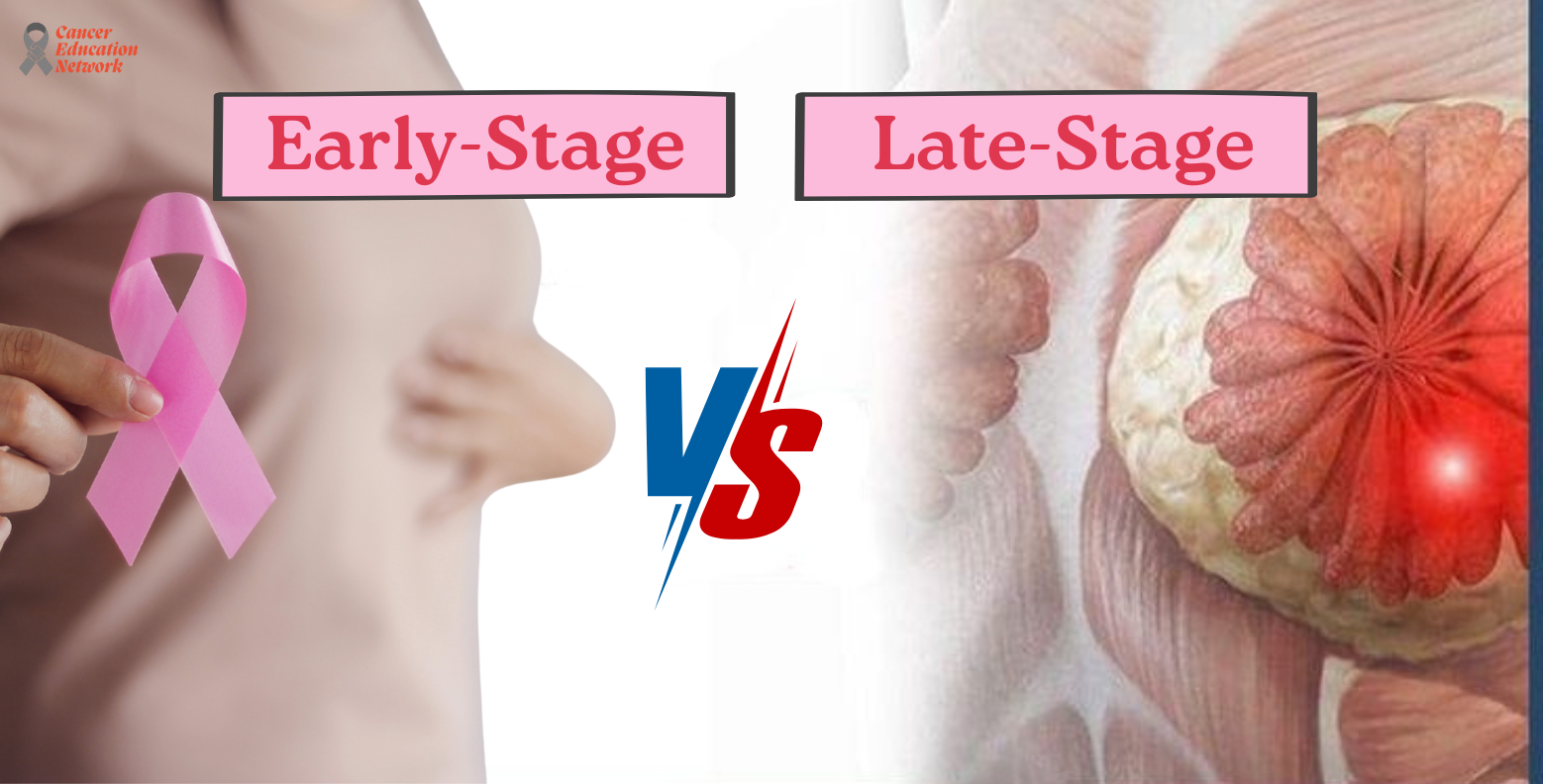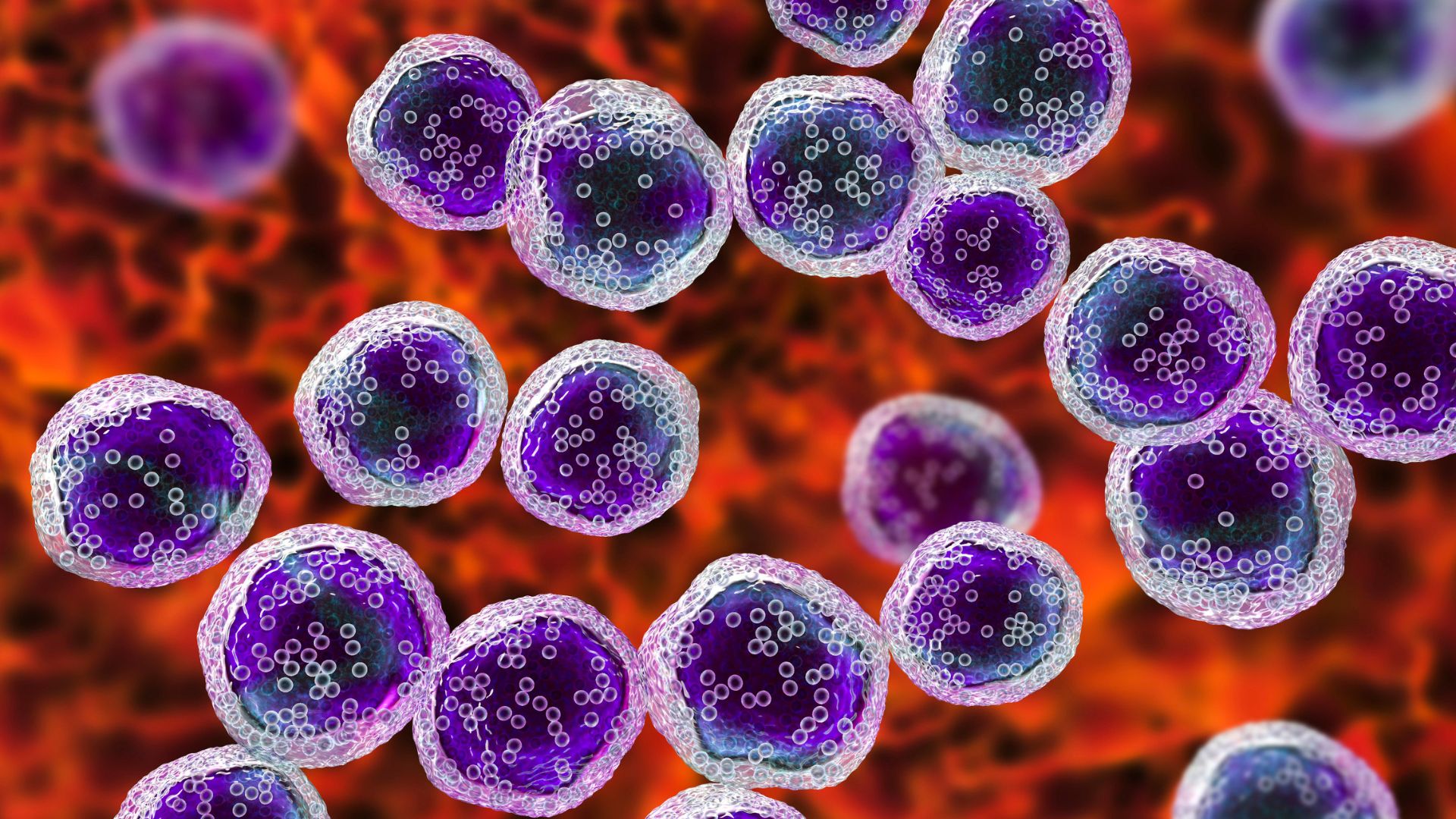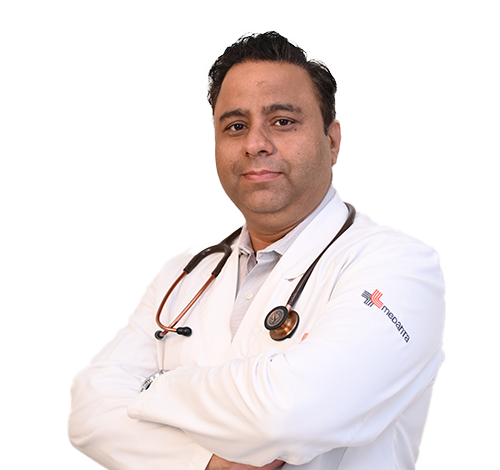Insights from a Lymphoma Specialist in Lucknow
The “Hidden” Blood Cancer That Starts in Your Lymph Nodes
Lymphoma is a type of blood cancer that arises in the lymphatic system — a critical part of the immune system that includes the lymph nodes, spleen, thymus, and bone marrow. It begins when a type of white blood cell called a lymphocyte starts to grow and multiply uncontrollably. These abnormal cells can collect in lymph nodes or other lymph tissues, forming tumors and spreading silently throughout the body.
Unlike many cancers, lymphoma can be highly treatable and even curable, especially when detected early. Modern therapies, including targeted treatments and immunotherapy, have transformed outcomes for many patients.
Global & Indian Burden
Globally, more than 625,000 people are diagnosed with Non-Hodgkin Lymphoma (NHL) every year, along with over 83,000 cases of Hodgkin Lymphoma (HL). This disease is increasingly recognized in both developed and developing nations. In India, lymphoma is among the top ten most common cancers in both men and women. Its incidence is rising — especially in younger adults and the elderly — highlighting the urgent need for awareness and timely medical attention.
📢 A painless lump in your neck that doesn’t go away might not be harmless.
✅ Consult a lymphoma specialist in Lucknow if you notice persistent lymph node swelling.
What Causes Lymphoma?
The exact cause of lymphoma remains unclear, but several risk factors have been identified. Unlike other cancers, lymphoma is not primarily linked to smoking or diet. Instead, it’s more often associated with immune system dysfunction. People with weakened immune systems, such as those with HIV/AIDS or who’ve undergone organ transplants, are at higher risk. Certain infections — including Epstein-Barr virus (EBV), Helicobacter pylori, and Hepatitis B or C — can also contribute to lymphoma development.
Autoimmune diseases like lupus and rheumatoid arthritis, exposure to certain chemicals like pesticides or benzene, and a history of radiation therapy for other cancers are additional risk factors. Family history may also play a role, though genetics is a smaller contributor in lymphoma compared to other cancers.
📢 Your immune system guards you — but sometimes, it turns into the threat.
✅ Early detection by a lymphoma specialist in Lucknow can lead to complete cure.
Symptoms of Lymphoma You Should Not Ignore
Lymphoma symptoms are often subtle and easily mistaken for common infections or stress. However, they tend to persist longer and gradually worsen. The most common early sign is painless swelling of the lymph nodes — particularly in the neck, armpits, or groin. Other warning signs include unexplained weight loss, persistent fever, night sweats, constant fatigue, itchy skin, and loss of appetite. In some cases, patients may also experience a persistent cough, chest discomfort, or abdominal fullness due to an enlarged spleen or liver.
These “B symptoms” (fever, weight loss, night sweats) often signal more advanced disease and should never be ignored.
📢 One painless swelling. One missed diagnosis. Don’t wait.
✅ A quick consultation with a lymphoma specialist in Lucknow can make all the difference.
How Lymphoma is Diagnosed
Diagnosing lymphoma requires a series of specialized tests. The gold standard is a lymph node biopsy, preferably an excisional one, which removes an entire lymph node for analysis. This allows pathologists to confirm the diagnosis and determine the specific lymphoma subtype.
Immunohistochemistry (IHC) testing helps classify the lymphoma as either B-cell or T-cell in origin. PET-CT scans are crucial for full-body staging and assessing response to treatment. A bone marrow biopsy may be performed to determine whether the disease has spread to the marrow. Additional blood tests, such as complete blood count (CBC), lactate dehydrogenase (LDH), and kidney/liver function, help assess overall health. In aggressive or relapsed cases, molecular testing using techniques like FISH or PCR provides deeper insights and can guide advanced therapies.
Each subtype of lymphoma behaves differently and requires individualized treatment — which is why consulting an experienced lymphoma specialist is essential.
Types of Lymphoma
Lymphoma is broadly classified into two major types: Hodgkin Lymphoma (HL) and Non-Hodgkin Lymphoma (NHL).
Hodgkin Lymphoma (HL):
HL often affects young adults (ages 15–35) or individuals over 55. A hallmark feature of HL is the presence of Reed-Sternberg cells on microscopy. This type of lymphoma is highly treatable, with early-stage survival rates exceeding 85–90%. Common subtypes include Nodular Sclerosis (the most frequent), Mixed Cellularity, and Lymphocyte-rich or depleted forms.
Non-Hodgkin Lymphoma (NHL):
NHL is a diverse group of over 60 subtypes. It can affect individuals at any age and vary from slow-growing (indolent) to highly aggressive forms. Some of the common subtypes include:
- Diffuse Large B-Cell Lymphoma (DLBCL): Most common and aggressive, but curable in many cases.
- Follicular Lymphoma: Indolent and may not require immediate treatment.
- Mantle Cell Lymphoma: Rare and aggressive.
- Burkitt Lymphoma: Extremely fast-growing and seen in children and young adults.
- T-cell Lymphomas and Cutaneous Lymphomas: Rare and often require specialized care.
Staging:
Lymphoma is staged using the Ann Arbor system:
- Stage I: One lymph node region involved
- Stage II: Multiple lymph nodes on the same side of the diaphragm
- Stage III: Nodes on both sides of the diaphragm
- Stage IV: Disease involves organs like liver, lungs, or bone marrow
The letters “A” or “B” are added to indicate the absence or presence of systemic symptoms like fever and weight loss.
Modern Treatment Options for Lymphoma
Hodgkin Lymphoma:
Standard treatment often includes ABVD chemotherapy (Doxorubicin, Bleomycin, Vinblastine, Dacarbazine). For advanced disease or high-risk patients, escalated BEACOPP regimen is sometimes used. Radiotherapy may be added in cases with bulky disease. In relapsed HL, targeted drugs like Brentuximab Vedotin and checkpoint inhibitors such as Nivolumab or Pembrolizumab offer promising results.
Non-Hodgkin Lymphoma:
For aggressive types like DLBCL, R-CHOP chemotherapy (Rituximab, Cyclophosphamide, Doxorubicin, Vincristine, Prednisolone) is the cornerstone. In certain high-grade cases, intensified regimens like DA-R-EPOCH or CAR-T cell therapy are used. Indolent lymphomas, like follicular lymphoma, may initially be monitored without treatment. When treatment is needed, options include R-CVP, R-CHOP, or Bendamustine with Rituximab. Maintenance Rituximab is often given to prolong remission.
Targeted Therapy, Immunotherapy, and CAR-T
The advent of targeted therapy has revolutionized lymphoma treatment. Drugs like Rituximab target CD20-positive B-cells and are a standard part of most B-cell lymphoma regimens. Other oral agents like Ibrutinib or Acalabrutinib are used in mantle cell lymphoma and chronic lymphocytic leukemia. Venetoclax, a BCL2 inhibitor, and Lenalidomide have shown effectiveness in specific relapsed lymphomas.
Immunotherapy — especially checkpoint inhibitors like Nivolumab and Pembrolizumab — are now approved for relapsed Hodgkin Lymphoma and show durable responses. CAR-T cell therapy, where a patient’s own T-cells are genetically engineered to attack lymphoma cells, is an advanced option for aggressive or relapsed cases, especially DLBCL and mantle cell lymphoma.
📢 You don’t need more chemo. You may just need smarter cells.
✅ Ask your lymphoma specialist in Lucknow about CAR-T therapy or immunotherapy today.
Stem Cell Transplant (Bone Marrow Transplant)
For selected patients with relapsed or refractory lymphoma, stem cell transplantation offers a curative option. Autologous transplant (using the patient’s own stem cells) is commonly done in relapsed Hodgkin or DLBCL cases. Allogeneic transplant (from a donor) is used in certain T-cell or aggressive NHL cases.
Long-Term Care and Monitoring
After treatment, regular follow-ups are essential for 5 years or more. PET-CT scans help confirm remission and detect early relapse. Patients are also monitored for late effects of chemotherapy or radiation, such as fertility issues, heart problems, or thyroid dysfunction. Psychological support, counseling, and a healthy lifestyle are vital parts of survivorship care.
FINAL NOTE: Lymphoma Is Beatable, Treatable — And Often Curable
In today’s medical landscape, lymphoma no longer has to be a life-threatening diagnosis. With timely diagnosis, accurate subtyping, and modern treatments like immunotherapy and CAR-T cell therapy, outcomes have dramatically improved.
👉 The key is early diagnosis
👉 Right subtype identification
👉 And treatment by an experienced lymphoma specialist in Lucknow
📢 A timely biopsy and the right protocol can give you decades of life.
✅ Don’t delay. If you suspect lymphoma, act now.
Book Your Lymphoma Consultation Today
If you or a loved one is experiencing unexplained lymph node swelling, fatigue, fever, or has a confirmed lymphoma diagnosis, book an appointment today with a leading lymphoma specialist in Lucknow for accurate staging, expert treatment planning, and compassionate care.













2 Comments
The writing carries a soft persistence, where meaning and resonance accumulate gradually, encouraging the reader to pause, reflect, and inhabit the text fully, discovering insight through attentive engagement.
The sentences have a gentle elasticity. They expand and contract with thought, creating rhythm that mirrors natural cognition and feeling.